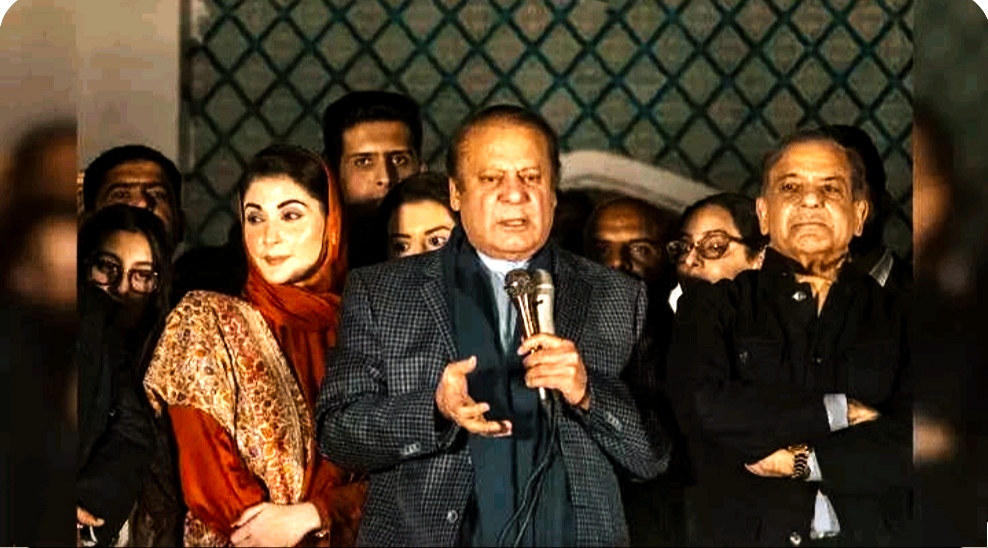Manashimaya

In a recent statement, former Pakistan Prime Minister Nawaz Sharif acknowledged Pakistan’s ‘fault’ in violating the Lahore Declaration, which he signed with India’s then-Prime Minister Atal Bihari Vajpayee. This violation, orchestrated by General Pervez Musharraf during the Kargil War, ultimately undid the historic peace efforts between India and Pakistan. The Lahore Declaration could transform Indo-Pak relations, but Musharraf’s misadventure left the peace process in tatters.
On May 28, 1998, Pakistan conducted five nuclear tests, just weeks after India’s nuclear tests in Pokhran. The nuclear capabilities of both nations had thrust the subcontinent into a precarious situation. Despite this, Vajpayee and Sharif pursued peace, culminating in the Lahore Declaration on February 21, 1999. This historic agreement, which followed Vajpayee’s landmark bus journey to Lahore, pledged peaceful resolution of disputes, including Kashmir, and aimed to foster friendly relations. However, as Nawaz Sharif later admitted, Pakistan’s ‘fault’ lay in violating this agreement almost immediately.
While Vajpayee and Sharif were celebrating their accord, Pakistani soldiers were clandestinely occupying high-altitude positions in Kargil, Ladakh. These strategic positions, left unmanned by India during the harsh winter, were seized under the direction of General Pervez Musharraf, whom Nawaz had appointed as Army Chief in October 1998. Musharraf’s actions, often described as a misadventure, directly contradicted the spirit of the Lahore Declaration, undoing the progress towards lasting peace.
The Lahore Declaration, a beacon of hope, saw both nations agreeing to engage in bilateral consultations to avoid nuclear conflict. Vajpayee’s visit to Pakistan, marked by his poetic address and calls for peace, endeared him to the Pakistani public and offered a glimpse of a harmonious future. However, Musharraf’s covert operation in Kargil starkly contrasted this vision. Pakistan’s ‘fault’, as Nawaz Sharif termed it, not only breached the agreement but also reignited hostilities.
The extent of the Kargil intrusion became apparent to India in May 1999. By this time, Vajpayee’s government had lost a confidence motion, rendering him a caretaker Prime Minister. Despite this political instability, India launched Operation Vijay, a military campaign to reclaim the Kargil Heights. The operation, supported by the Air Force, succeeded by July 26, 1999, but at a significant cost: over 500 Indian soldiers lost their lives, and more than 1,300 were wounded. The Kargil conflict, driven by Musharraf’s ambitions, thus undid the historic Lahore Declaration.
Nawaz Sharif’s admission of Pakistan’s ‘fault’ underscores the detrimental impact of Musharraf’s actions. The Kargil War not only shattered the nascent peace process but also led to Sharif’s ousting in a coup by Musharraf, who then took control of Pakistan. The promise of the Lahore Declaration was left unfulfilled, and bilateral relations between India and Pakistan regressed.
In retrospect, Pakistan’s ‘fault’ in violating the Lahore Declaration through Musharraf’s Kargil misadventure remains a significant setback in Indo-Pak relations. The historic agreement, which once promised a peaceful future, was undone by military aggression. Nawaz Sharif’s candid acknowledgment serves as a poignant reminder of the fragile nature of peace efforts and the enduring consequences of missed opportunities for reconciliation.
